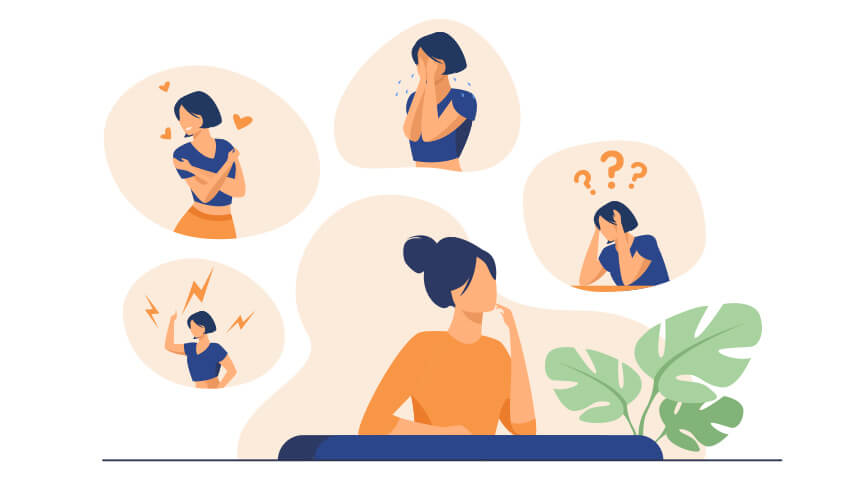If you’re over 15 years old, chances are that you’ve experienced the symptoms of puberty. You know what it feels like to have changes to your voice, hair, muscle growth, how you store fat and your skin (among many more). Most of us have been there and know what it’s like to experience all those changes and the awkwardness and even embarrassment that can come along with them. When we arrive at the other side of puberty, we tend to think we don’t need to worry about how our reproductive hormones affect our physical health until well…we want to have biological kids of our own, or if something goes wrong with our health. However, our reproductive hormones play a much larger role in the functioning of our body.
When our bodies are functioning like they’re supposed to, the reproductive hormones still affect hair growth, muscle tissue, skin, etc. If our hormones are balanced then it is unlikely that you’ll ever think about this at all. Perhaps all you might notice is the fatigue, an inconsistent sex drive and libido or unsightly pimples around the time of menstruation.
However, a significant portion of people who menstruate could tell us another story. A hormonal imbalance may lead to excessive hair growth (hirsutism), hair loss (alopecia), weight fluctuations, ovarian cysts (like in PCOS), or painful conditions like endometriosis. Even if you have good health, many people report feeling varying levels of strength and energy that can impact their exercise schedule or experience changes in appetite that can impact their weight.

We’ve done a deep dive to bring you all of this information, but I need to make a disclaimer…if there is information on here that goes against professional medical advice given directly to you, please follow your medical professional. We are passionate about providing scientific, relevant and accurate information in a digestible way, but we are not doctors, just keen researchers. Your doctors know what is best for you and your individual conditions.
Whether or not you experience any of these symptoms, we hope that the information is useful to you or someone you care about. It can be empowering to have the answers to the questions around how our hormones impact our body and know how to address them. It is also helpful to understand how we can support our loved ones if they experience these symptoms.
Take some time to think about how your body has changed or is changing as you’ve gone through puberty and, if you have a period, how it changes throughout your cycle. Hormonal changes go beyond diagnosable conditions, and we often disregard the smaller impacts on our health, so I encourage you to think about the things we mentioned earlier.



